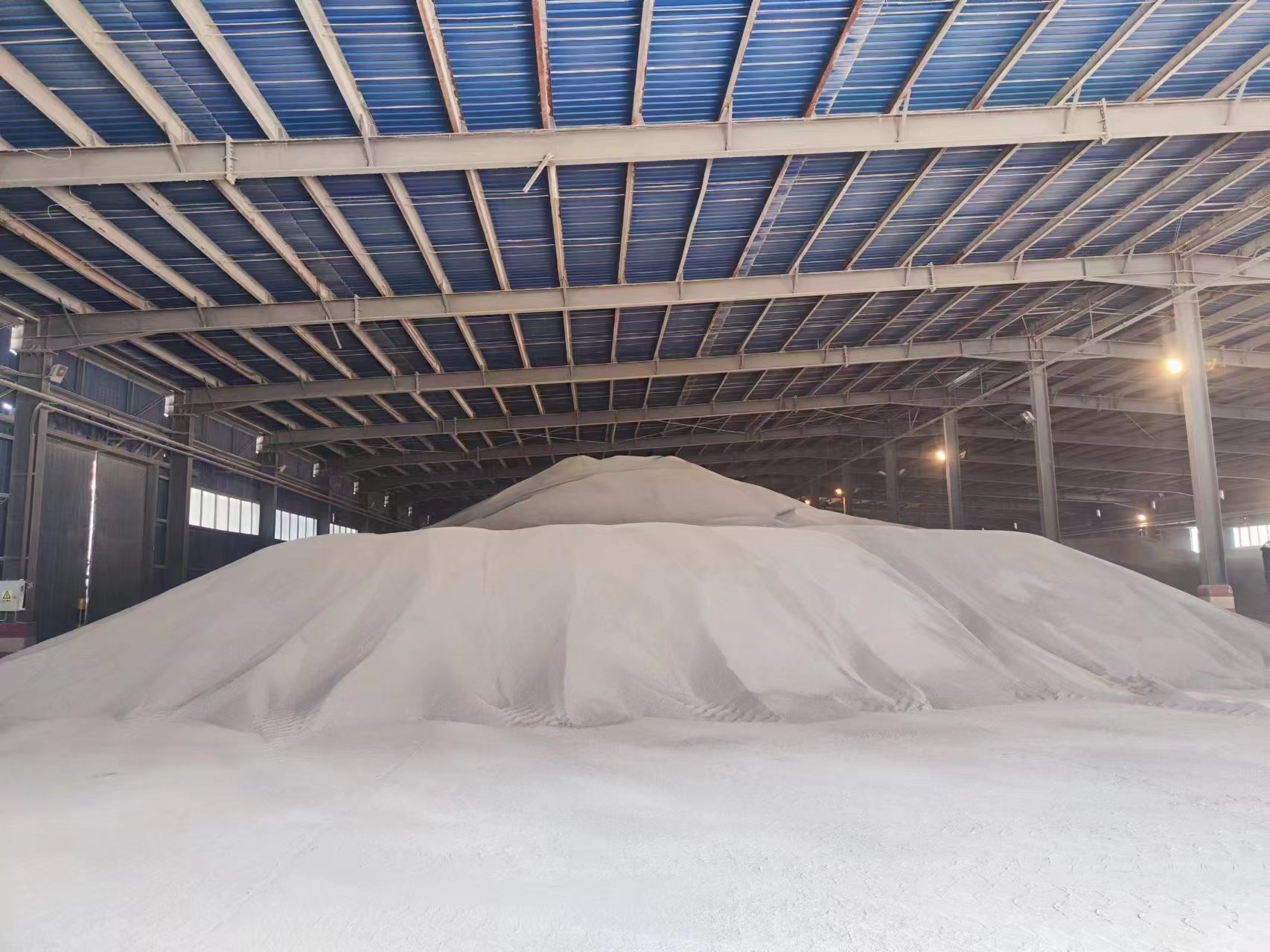.jpg?x-oss-process=image/resize,h_400,m_lfit/format,webp)
NPK compound fertilizer is composed of three main nutrients: nitrogen (N), phosphorus (P) and potassium (K). It is an indispensable fertilizer in modern agriculture. Its advantage is that it can provide comprehensive nutrition for plants, promote root growth and increase crop yields.
1. **Nitrogen (N)**: Promotes the growth of plant leaves and improves the efficiency of photosynthesis.
2. **Phosphorus (P)**: Enhances plant root development and promotes flowering and fruiting.
3. **Potassium (K)**: Improves plant resistance and enhances the taste and preservation of fruits.
In order to maximize the effect of NPK compound fertilizer, the following application principles should be followed:
1. **Scientific application**: Adjust the fertilization plan according to the soil test results to meet the nutritional needs of the plants.
2. **Application in batches**: Fertilizer can be applied in multiple batches to avoid plant damage caused by excessive concentration at one time.
The best time for application is spring and autumn. Application in spring can promote growth, while application in autumn can help accumulate nutrients in the root system.
.jpg)
The use of NPK compound fertilizer can effectively improve the growth of plants. Through reasonable application, it can not only increase agricultural production, but also improve the quality of crops.
For more information, please visit our website for more agricultural technology related content.

When using NPK compound fertilizer, users often encounter the problem of application amount and frequency, which needs to be flexibly adjusted according to crop type, growth stage and soil fertility.
.jpg)
In short, NPK compound fertilizer is an important factor in improving agricultural output, and reasonable application methods will help farmers obtain higher returns.

.jpg)
